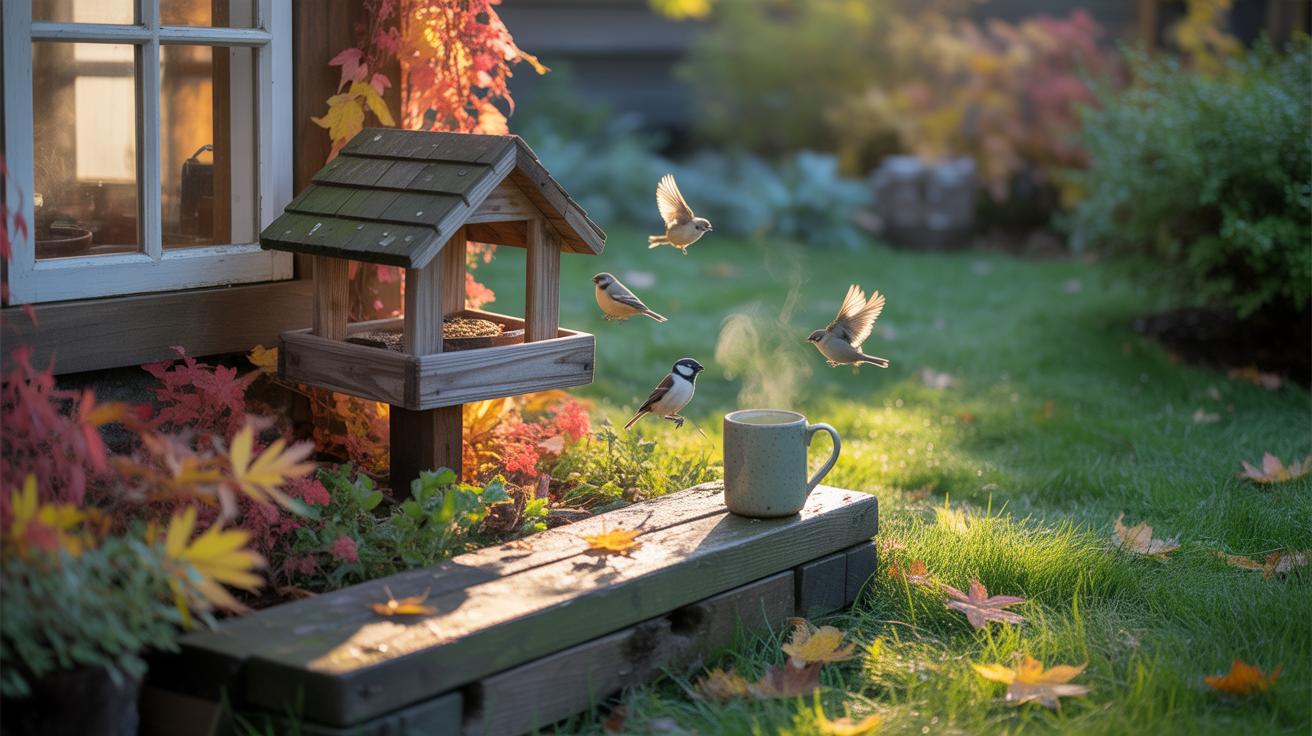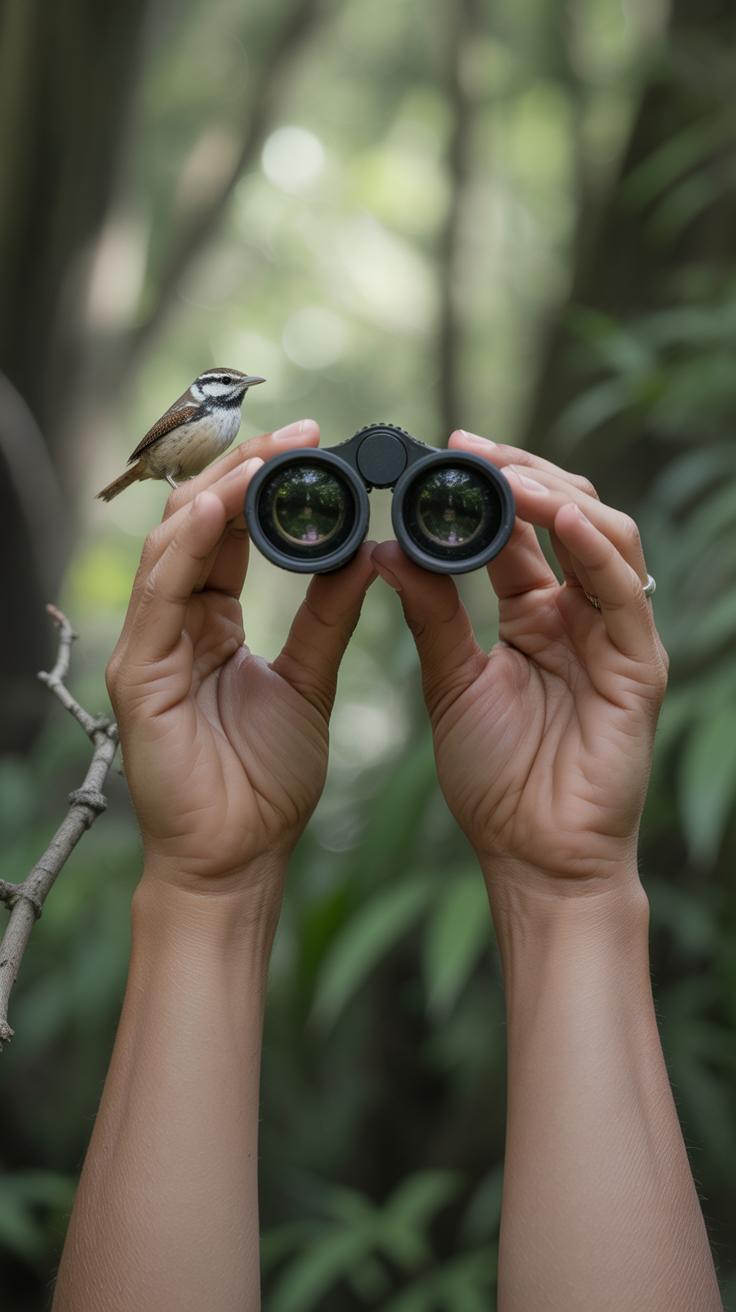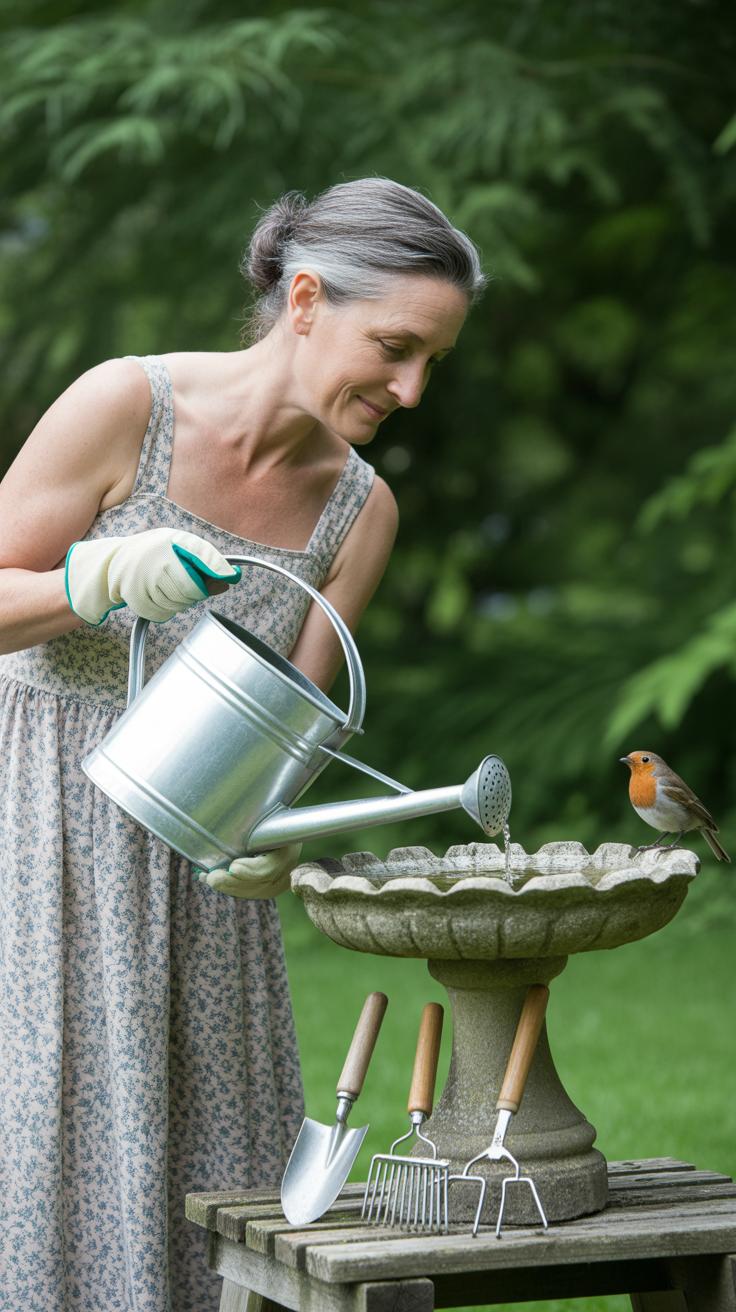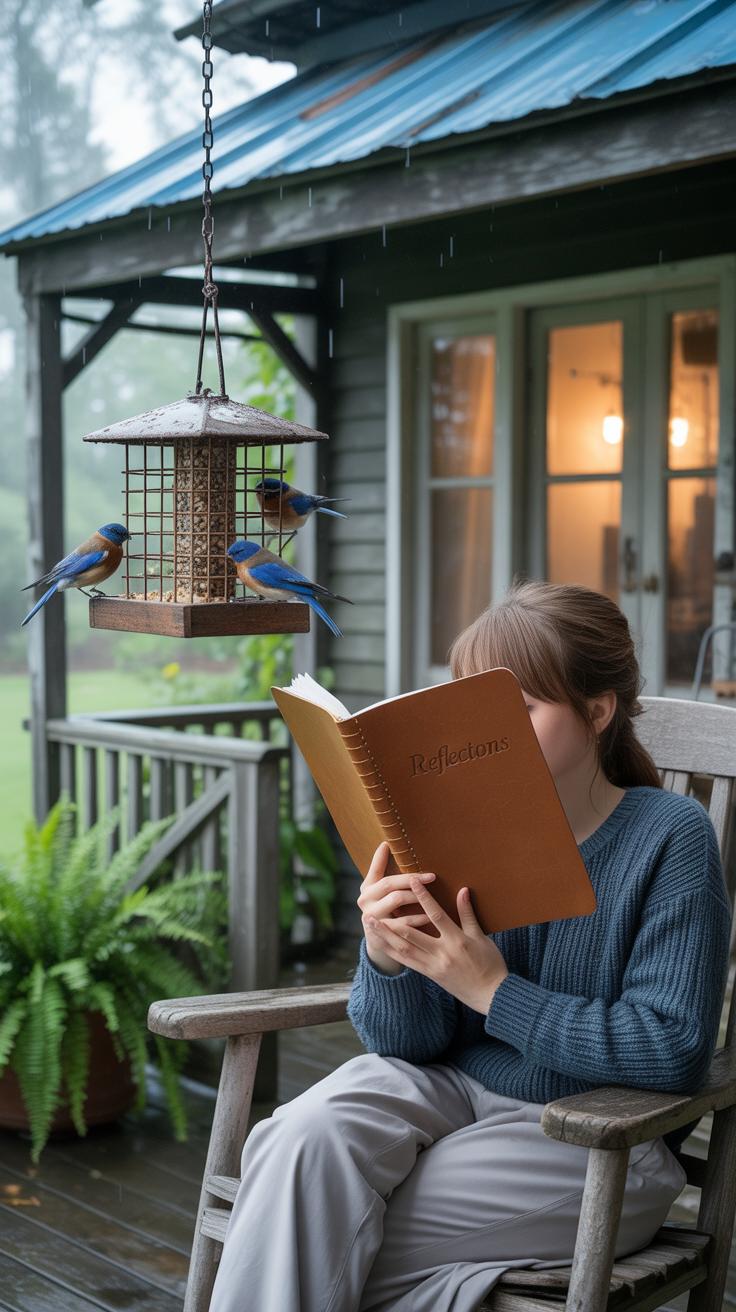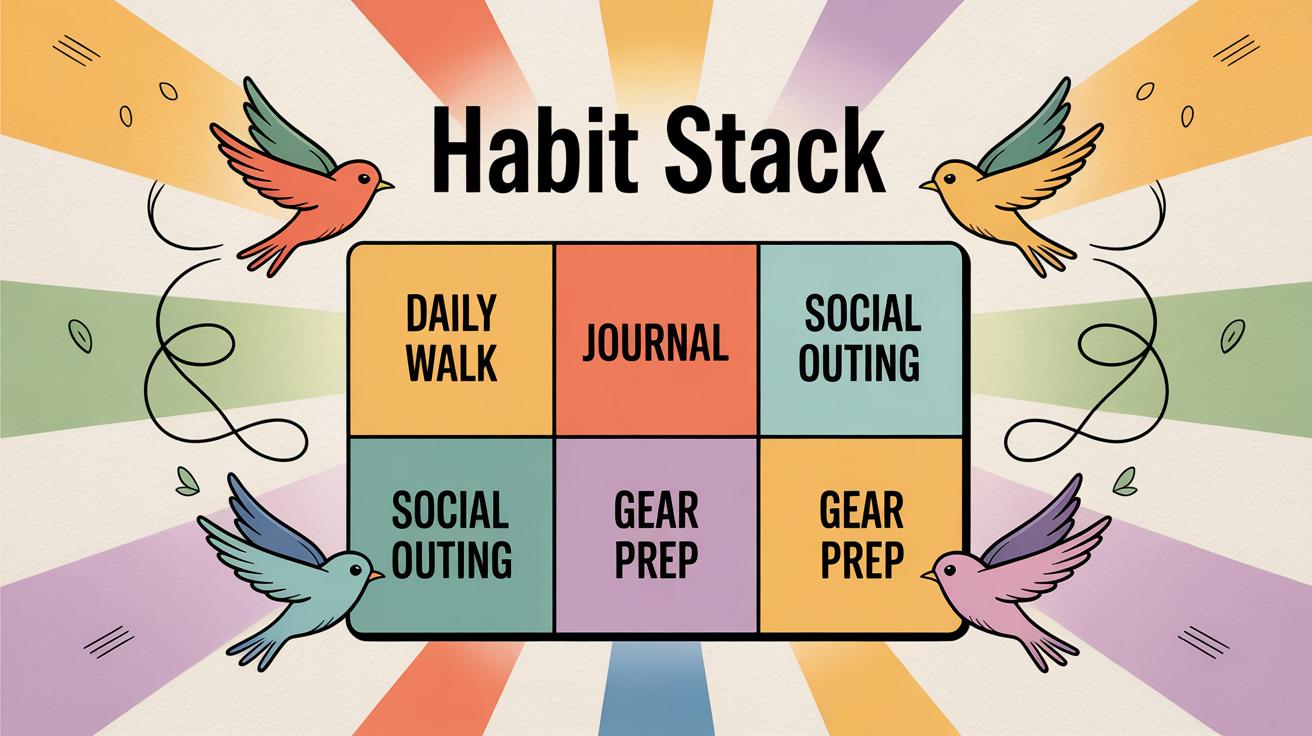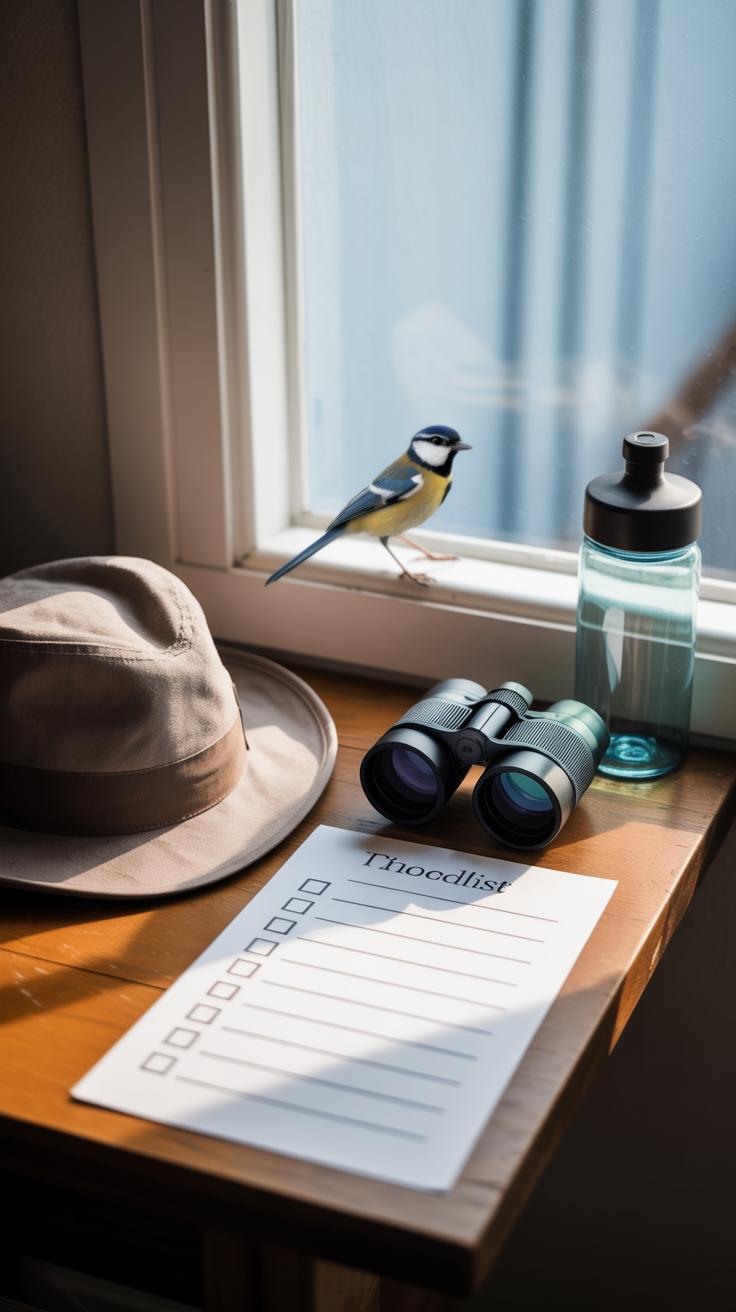Introduction
Bird people are individuals who find joy and peace through their connection with birds and nature. They often share routines that help maintain good mental health. These simple but powerful habits can teach you how to support your own emotional and psychological wellbeing. Exploring these routines gives insight into how spending time with birds and practicing mindful activities can reduce stress and promote calmness.
In this article, you will learn practical routines that bird people use daily to nurture their mental wellbeing. We will also explore scientific reasons why these habits work. By the end, you will understand how adopting these routines might improve your life and mental state.
Bird People and Their Connection to Nature
What Makes Bird People Unique
Bird people are those who find joy and meaning in observing, studying, or simply being near birds. It’s not just a hobby; for many, it’s a way to slow down and notice things others might overlook. They pay close attention to the small details—feather patterns, songs, behaviors—that can feel deeply absorbing. This focus, maybe surprisingly, offers a break from daily worries and scattered thoughts.
What sets bird people apart is their patience and curiosity. They often develop a kind of quiet awareness that seems to carry over into other parts of their lives. Watching a bird flit from branch to branch, or hearing its call early in the morning, can be grounding. It’s partly about making a connection to something alive and present, something outside oneself. That connection matters for mental health because it invites moments of calm and mindfulness—things most people crave but don’t always achieve.
The Role of Nature in Mental Health
Spending time in nature—especially around birds—has been linked to many benefits for mental wellbeing. Nature tends to encourage relaxation, reduces stress hormones, and improves mood. But it’s not just the fresh air or greenery; it’s the sense of perspective that grows when you step outside of your usual environment. Birds add another layer to this. Their presence can invoke fascination and even wonder, which distracts from rumination or anxiety.
Think about how your mind changes when you follow a bird’s flight or hear its song. Your breathing might slow, your thoughts might settle, even if just a little. For people who struggle with stress, these micro-moments can accumulate into a larger sense of balance. Sometimes, connecting with birds and nature feels simple, almost too small to matter. Yet, it’s these small connections that often make a genuine difference in emotional and psychological health. Would these experiences also help you reset your mind?
Morning Rituals That Bring Calmness
For many bird people, mornings hold a quiet specialness. They often begin their day by tuning in to the world outside, especially the birds. It’s not grand or complicated; just a few moments to listen, quietly, before the day rushes in.
Simple habits come up again and again:
- Standing by a window or stepping outside to hear birdsong
- Stretching gently, often letting the body wake up slowly without forcing it
- Taking a few mindful breaths, focusing on air moving in and out, maybe syncing this with the sounds around
These steps might seem small, or even insignificant, but they bring a noticeable calm. Some people say these moments reduce that tightness in the chest, or the nagging start-of-the-day anxiety. The link between such rituals and lowered cortisol levels—that stress hormone—is backed by research, too. So it’s not just in the mind; there’s real physiological change.
This peaceful start also seems to set a slower, steadier pace for the rest of the day. And, perhaps, it’s more than just stress relief—it’s about stepping into the day with a gentler awareness. You might find yourself wondering: can a few quiet moments really shape how you feel hours later? For many bird people, the answer is yes.
Using Bird Watching as a Mindfulness Practice
Watching birds invites you into a state of quiet attention—something that feels both natural and surprisingly difficult. When you try to follow a bird’s quick movements or listen closely to its calls, you’re drawn to the present moment. It’s not just about seeing a bird; it’s about watching it carefully, noticing the flutter of wings or the flick of a tail. This level of focus nudges your mind away from buzzing thoughts and into something more still.
Focus sharpens as you track subtle shifts:
- Spotting changes in posture or flight patterns keeps you alert.
- Listening for distinct songs or calls trains your ears to pick out details.
- Observing interactions between birds, like feeding or preening, deepens your curiosity.
There’s a gentle pull to stay present. You might find your mind wandering less, yet not completely quiet—it’s more like softly tuning out distractions. This kind of mindfulness isn’t forced; it’s more an invitation to join the rhythm of the birds, to be part of a subtle conversation between focus and ease.
What’s interesting is how this practice impacts your brain. Mindfulness gained through watching birds has been shown to enhance concentration and decrease anxiety levels. The simple act of following a bird’s unpredictable path demands immersion in the moment, which can interrupt stressful thought loops. In a way, it’s like training your brain to hit pause—a small break from mental clutter. You might feel calmer afterward, even if just for a little while.
So next time you find yourself outdoors, try not just glancing at the birds but really watching. You may notice your thoughts settle a bit, and maybe, just maybe, feel a subtle shift inside your mind.
The Social Side of Being a Bird Person
Bird watching isn’t just about quiet moments with nature—it’s often a doorway into a community. People who watch birds tend to share stories, tips, and sightings, creating a kind of camaraderie that can be surprisingly meaningful. I think the simple act of talking about what you’ve seen, or planning a meet-up to watch birds together, breaks down barriers. It’s easier to connect when there’s a shared interest that doesn’t put much pressure on you to perform or impress.
Joining a local birding group or participating in online forums builds more than just knowledge—it builds friendship. These spaces offer something many people crave: a sense that you belong somewhere, with people who get your enthusiasm, even if it’s a little niche.
You might wonder why belonging affects mental wellbeing so strongly. Well, feeling connected eases loneliness. When you feel part of a group, your mind quiets some of its anxious noise. It’s not always simple, though. Sometimes the same community can cause stress or feel exclusive, but mostly, these connections add balance to your emotional health. That mix of gentle understanding and shared excitement might be exactly what your mind needs.
How Caring for Birds Promotes Responsibility and Routine
Caring for birds—whether feeding backyard visitors or tending to pet birds—offers a daily rhythm that many find grounding. There’s a kind of simple structure in knowing you’ll check the feeder or freshen water each morning and evening. This regularity can feel like an anchor when other parts of life seem unpredictable.
Small tasks such as refilling seed trays, cleaning birdbaths, or even watching the birds’ behaviors call your attention and cultivate a sense of responsibility. These do not feel burdensome but rather inviting, like gentle reminders to pause and focus. It’s amazing how something so straightforward can draw your mind away from restless thoughts and into the present moment.
Routine often gets overlooked for its mental health value. Yet, engaging consistently in caretaking can subtly ease anxiety. When you set up these little habits, you create a bubble of calm and predictability, which many people need to lessen mental stress. It might not solve everything, but it does help with that nagging unease some days bring.
Do you notice this yourself? How does starting your day with a simple act of caring change your mindset, even if only slightly? These small, repeated actions build more than clean feeders or content birds—they build steadiness in your own life.
The Science Behind Birds Enhancing Mental Wellbeing
When you spend time with birds or simply listen to their songs, your brain reacts in ways that go beyond just enjoyment. Research has found that spending time in natural environments, especially where birds are present, can actually lower levels of cortisol, the hormone linked to stress. Even just a few minutes outside near birds can reduce this chemical, which may help explain why you might feel calmer after birdwatching or hearing birds sing first thing in the morning.
Some studies using brain scans show increased activity in areas related to attention and emotion regulation after exposure to nature sounds, including bird calls. That subtle stimulation might help your brain stay focused and process emotions more smoothly—though it’s not a one-size-fits-all effect.
People often report feeling uplifted or peaceful around birds, and there’s some biological backup here. Bird songs hit the brain’s pleasure centers, triggering positive feelings and reducing anxiety. Still, depending on your mood or environment, the same sounds might feel distracting or unfamiliar, which makes me wonder how much context truly shapes these responses.
Think about your own experience: Have you ever noticed how, on a hectic day, just watching a sparrow hop around or hearing a distant robin can slow your thoughts, even if only for a moment? That pause could be exactly what your brain needs, though the reasons aren’t fully nailed down yet. It seems birds, nature, and our minds have a quietly complex interaction—one worth paying attention to.
Overcoming Challenges with Bird Peoples Strategies
Using Nature to Calm Stress
When stress feels overwhelming, many bird enthusiasts turn outside. There’s something about stepping away from screens and noise, standing quietly, and just watching birds that eases tension. It’s not just about the fresh air or escape—focusing on bird behavior gives the mind a single point to rest on. The songs, the quick flitting movements, even the stillness of watching a bird preen can be oddly grounding.
Bird people often find that these moments help interrupt spiraling thoughts. Instead of trying to problem-solve or chase worries, they observe something small and alive. This quiet attention softens the edge of stress. You might try it yourself: even five minutes looking for birds at your window could slow your breathing and ease that knot in your chest. It’s simple, though not always easy—quieting the mind takes practice.
Mindset Shifts Inspired by Bird People
Watching birds also invites patience. Birds don’t reveal much on command. You wait. You watch. Sometimes you leave empty-handed. This slow, curious attention mirrors a mindset helpful for tough mental moments. Instead of rushing to fix or control everything, pause. Let uncertainty hang for a while. Ask questions without needing answers right away.
Many bird people describe this as a shift in how they face challenges—less urgency, more openness. Curiosity replaces frustration, and that can soften harsh self-judgments. Of course, it’s not a quick fix, or a perfect attitude every day. Still, holding a bit of that patience and curiosity might make your own troubles feel less rigid, less like walls, and more like something you can approach differently.
Applying Bird Peoples Routines to Your Life
Finding Time for Bird-Inspired Practices
It’s easy to think that watching birds or listening to their calls takes more time than you have. But, really, you can start small—maybe just a few minutes by a window in the morning or during a short walk. Some bird enthusiasts find it grounding to pause and listen, even if only briefly. You might try setting a reminder on your phone to tune in to the sounds outside once a day. Or, carry binoculars in your bag if you’re out for a quick lunch break and spot a tree with some activity. It doesn’t have to feel like a chore. Instead, think about it as these little breaks you sneak in to reset your mind.
Not everyone has open green space nearby, but a feeder or some seeds on a balcony can bring birds closer. Caring for them can shift attention, interrupt overthinking, and offer a quiet moment of connection. These moments, although short, can build slowly. Maybe start by noticing one bird’s behavior each day, then grow from there.
Creating Your Personal Mental Wellness Routine
Drawing from bird people’s habits, try crafting a daily set of gentle actions that fit you. This might mean:
- Spending five minutes observing birds or nature sounds when you wake up, to ground yourself before the day begins.
- Journaling brief observations or feelings after these moments, helping you notice improvement or shifts over time.
- Setting aside a time, even just once a week, for a longer walk where you really pay attention to bird activity.
- Bringing a mindful attitude to simple actions—like refilling a feeder or watching birds flutter—turning them into calming rituals.
Your routine doesn’t have to be rigid. It can bend and sway with your mood and schedule, much like how birds adapt throughout their day. The key is in trying, noticing what sticks, and gently keeping at it. Have you considered what small step feels doable for you right now?
Conclusions
Following the routines shared by bird people can bring positive changes to your mental wellbeing. Paying attention to nature, practicing patience, and being present in the moment help lower stress and increase happiness. These simple practices are accessible to everyone, no matter where you live.
By adopting habits such as bird watching, mindful breathing, and thoughtful reflection, you can create a stronger balance in your mental health. Taking small steps inspired by bird people may lead to better focus, calmness, and joyful living.



